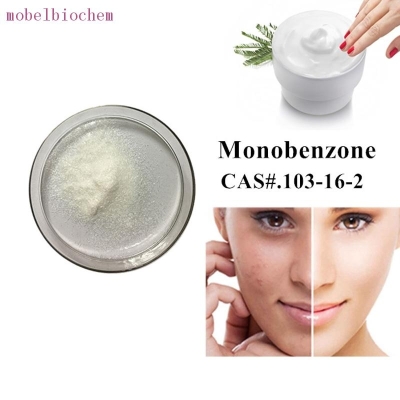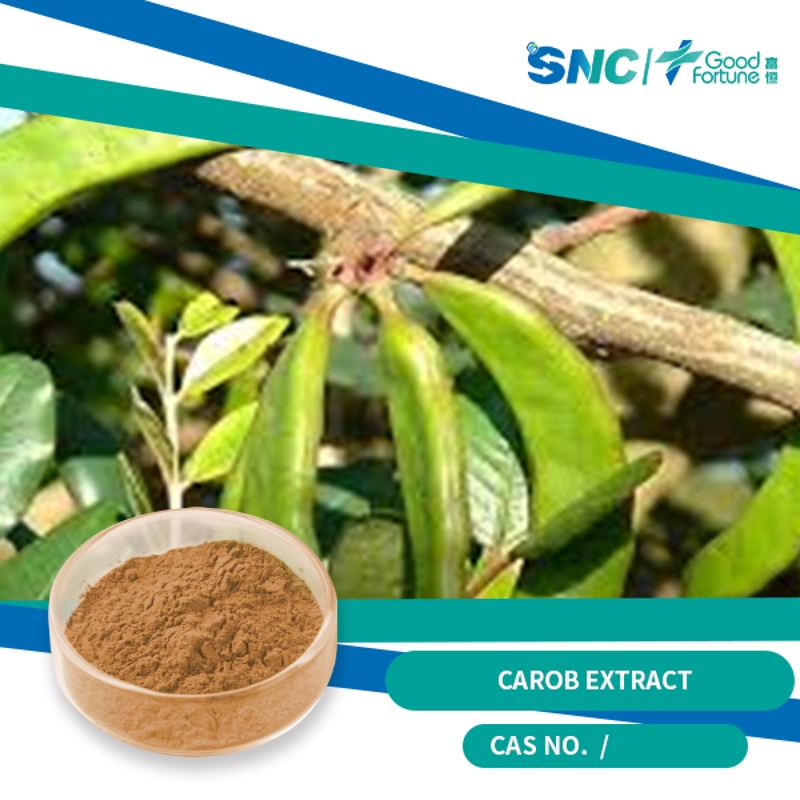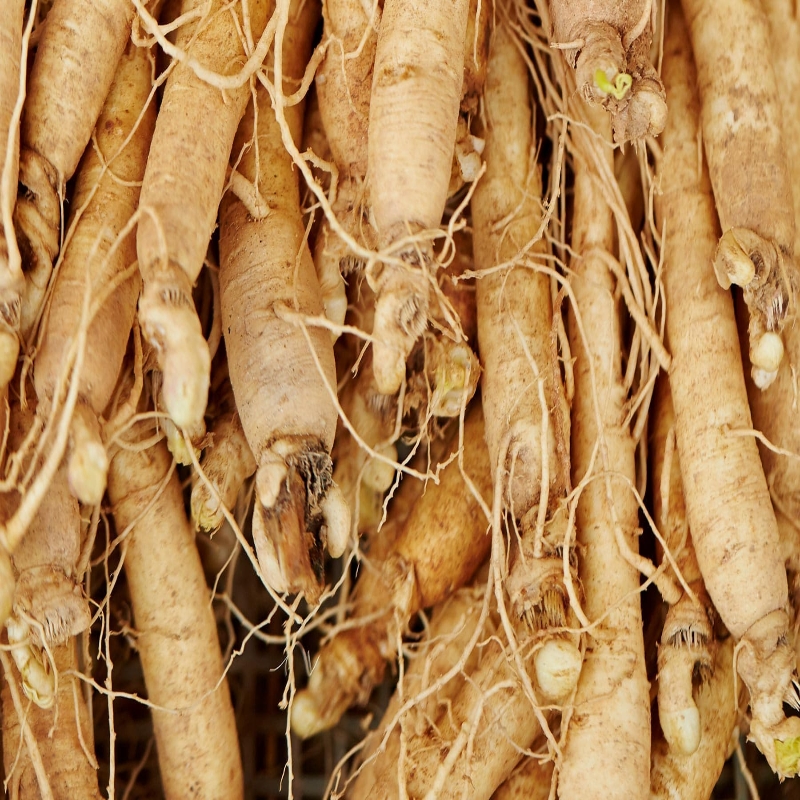The cultivation of talents in medicine planting industry
-
Last Update: 2013-07-12
-
Source: Internet
-
Author: User
Search more information of high quality chemicals, good prices and reliable suppliers, visit
www.echemi.com
On June 24, Greenpeace, an international environmental protection organization, released the latest survey report, which showed that more than 70% of the 65 Chinese herbal medicines, including the price of Panax notoginseng, honeysuckle and chrysanthemum, which were sampled by nine major Chinese herbal brands in China, including Tongrentang (600085, Guba), Yunnan Baiyao (000538, Guba), contained a variety of pesticide residues, and some samples even contained banned highly toxic pesticides Compared with the EU pesticide maximum residue standard, the price of thiophanate methyl in Sanqi flower of Tongrentang exceeded 500 times, and that of honeysuckle flower of Yunnan Baiyao exceeded 100 times In fact, in addition to the price of Panax notoginseng, honeysuckle and Gongju in the spot check conducted by Greenpeace, there are also many kinds of Chinese herbal medicines with excessive pesticide residues These Chinese herbal medicines are mainly concentrated in roots or flowers and fruits, and the harvest period is also in the season of high incidence of diseases and insect pests One of the reasons for the excessive pesticide residues in traditional Chinese medicine is the unreasonable cultivation of the farmers in the planting stage, and the reason for the unreasonable cultivation is the lack of effective scientific guidance of the farmers In recent years, with the increasing demand for traditional Chinese medicine, relying on wild resources alone has not been able to support the sustainable development of the industry, artificial planting has become an increasingly important means In the process of planting, traditional Chinese medicine also has the attributes of agricultural products (000061, Guba) If pesticide farmers have no experience and technology in pest control, and can not find professional guidance, they can only choose high toxic pesticides with good effect in the face of pests Because, for farmers, if there are diseases and insect pests in agricultural products, they still need to be treated If there are diseases and insect pests in traditional Chinese medicine, they must also be treated In China, there are hundreds of cultivated herbs, each of which has specific diseases and insect pests Some of them are even attacked by more than ten kinds of diseases and insect pests If there is a set of systematic and complete technology to ensure the harvest time of the whole traditional Chinese medicine, and the farmers can harvest in the safe period even if they don't apply medicine, the dilemma of pesticide residues in traditional Chinese medicine will be greatly changed However, at present, the weakness of scientific research and talents in the field of plant protection of traditional Chinese medicine has become a major problem that puzzles this industry At present, China's plant protection researchers specialized in the cultivation of traditional Chinese medicine and pest control are very limited In the universities of traditional Chinese medicine in China, no one has set up the specialty of plant protection for traditional Chinese medicine At the grass-roots level, due to the lack of scientific research project support and funding sources, many researchers who had been engaged in the field of plant protection of traditional Chinese medicine for many years had abandoned the major and participated in other projects In my opinion, the pesticide residue of Chinese herbal medicines is ultimately a problem in the planting process As long as the technical guidance is strengthened and the planting is standardized and reasonable, it can be solved from the source If the country can increase the investment in scientific research and personnel training in the field of plant protection of traditional Chinese medicine, the problem of pesticide residues in traditional Chinese medicine will be solved soon.
This article is an English version of an article which is originally in the Chinese language on echemi.com and is provided for information purposes only.
This website makes no representation or warranty of any kind, either expressed or implied, as to the accuracy, completeness ownership or reliability of
the article or any translations thereof. If you have any concerns or complaints relating to the article, please send an email, providing a detailed
description of the concern or complaint, to
service@echemi.com. A staff member will contact you within 5 working days. Once verified, infringing content
will be removed immediately.







